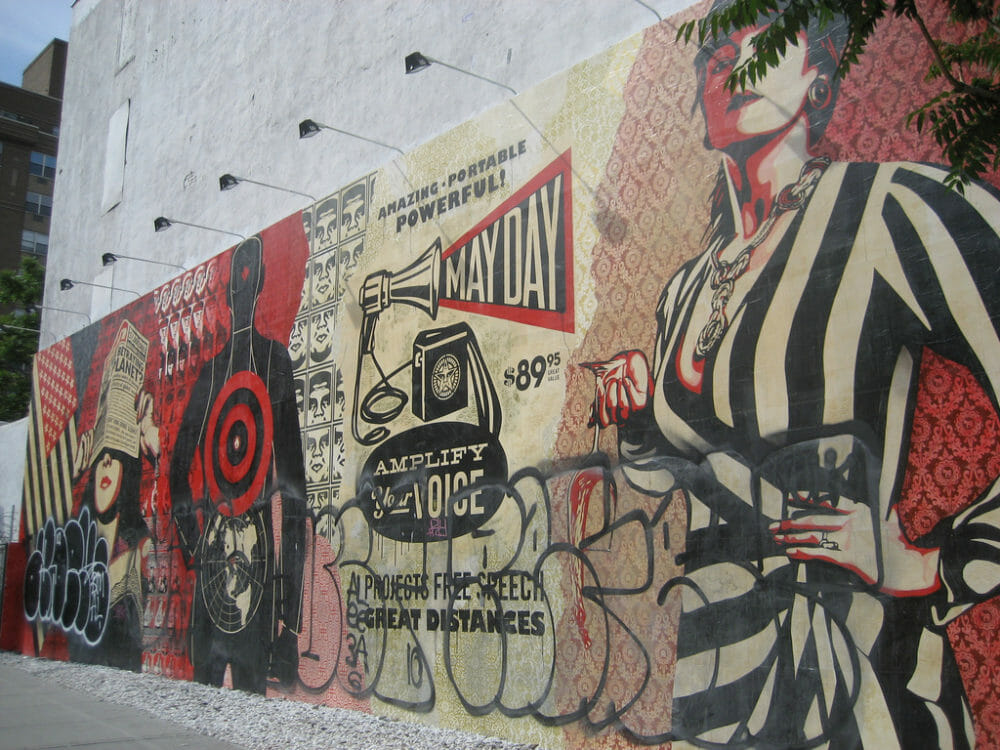Black Vine stars altered the way the world sees and another key to tanizaki’s eroticism tzvetana kristevaspeaks.
They created iconic videos, changed our language, influenced advertising campaigns and much more.
SEE ALSO: Vine's last tweet may have told us the end was nearThe volume of creativity itself became something of an icon, but that volume was shut off on Thursday as Twitter announced the end of the short-form video app.
But it's not enough to mourn Vine's end without paying tribute to the black stars that turned it into an "art form."
.@vine was a cornucopia of black creativity. Some of these kids could tell better stories in 6 seconds than most full length movies.
— Emmanuel Quartey (@equartey) October 27, 2016
Black people elevated Vine to a gotdamn art form and now it's gone.
— Jamelle Bouie (@jbouie) October 27, 2016
This is probably obvious to many black Vine users who consider themselves a part of that community, but how many outside of that niche know where "on fleek" came from?
That Vine has 48 million loops as of this writing. The one below has 70 million loops. You've probably heard of it.
In 2015, Hannah Giorgis wrote in an article for The Guardianthat "black users utilize Vine in hilarious, multi-faceted, complex and game-changing ways," and were able to influence conversations far beyond Vine because those videos were easily shared on other social media.
"Black Viners have birthed countless memes and accompanying sociolinguistic phenomena," she wrote.
The three examples she listed off the bat included "or nah."
"Hoe don't do it."
And "do it for the Vine."
Now that Vine-to-lexicon pipeline is gone.
as soon as POCs find a way to make some shit work for them, it gets taken away. its so fucked up.
— TrickorTracy Clayton (@brokeymcpoverty) October 27, 2016
this is a blow for creatives of color. im really, really hurt and upset.
— TrickorTracy Clayton (@brokeymcpoverty) October 27, 2016
Which is not to say Vine's relationship with its black users was at all perfect.
Writing in The Faderin December of last year, Doreen St. Felix laid out how black teenagers used Vine to birth some of the most popular elements of the internet and American culture in general, yet often received little benefit.
Kayla Newman, the Vine star behind "on fleek," told St. Felix she hadn't "gotten any endorsements or received any payment," for introducing a phrase that has, as St. Felix's article says, rolled off the tongue of the likes of CNN anchor Anderson Cooper and been used in ads for IHOP.
This Tweet is currently unavailable. It might be loading or has been removed.
Yet Vine was still an outlet free from many of the constraints that black Americans so often face while seeking an audience for their creativity.
ppl love blk culture but they dont like to pay blk ppl for it (hi, appropriation). vine wasnt perf but it was a way to try & get around it
— TrickorTracy Clayton (@brokeymcpoverty) October 27, 2016
white vine stars were still more likely than POCs to see financial/career success so it wasnt perfect but damn it was a chance. some got it.
— TrickorTracy Clayton (@brokeymcpoverty) October 27, 2016
Topics X/Twitter Vine
(Editor: {typename type="name"/})
 The Baffler’s May Day Round Up
The Baffler’s May Day Round Up
 So, that happened: Al Gore meets with Donald and Ivanka Trump on climate
So, that happened: Al Gore meets with Donald and Ivanka Trump on climate
 Facebook, Twitter, Google and Microsoft team up to stop terrorist content
Facebook, Twitter, Google and Microsoft team up to stop terrorist content
 Morrissey calls music industry a 'nest of horrors' and cancels 6 shows
Morrissey calls music industry a 'nest of horrors' and cancels 6 shows
 Barcelona Open 2025 livestream: Watch live tennis for free
Barcelona Open 2025 livestream: Watch live tennis for free
The fat bears are already extremely fat
 The fat bears exemplify success.Many of the brown bears at Katmai National Park and Preserve have pu
...[Details]
The fat bears exemplify success.Many of the brown bears at Katmai National Park and Preserve have pu
...[Details]
The Last Time Intel Tried to Make a Graphics Card
Lights, Camera, Cameron: Netflix releases trailer for new Cam Dallas show
 Apparently being a famous digital influencer does entail a lot of blood, sweat and tears.At least th
...[Details]
Apparently being a famous digital influencer does entail a lot of blood, sweat and tears.At least th
...[Details]
Man's angry tweet about Christmas backfires spectacularly
 LONDON -- Extending an offer to the Twittersphere -- even the rhetorical, angry, throwaway kind -- c
...[Details]
LONDON -- Extending an offer to the Twittersphere -- even the rhetorical, angry, throwaway kind -- c
...[Details]
 The first post-credits scene for Marvel's Thunderbolts*takes us on a trip down the cereal aisle.SEE
...[Details]
The first post-credits scene for Marvel's Thunderbolts*takes us on a trip down the cereal aisle.SEE
...[Details]
More than movie magic: How 'Lion' integrates Google Earth in its stirring story
 Technology may be the scourge that drives humans apart, but the new film Lion takes a different tack
...[Details]
Technology may be the scourge that drives humans apart, but the new film Lion takes a different tack
...[Details]
A pizza shop patron is fighting back against the #Pizzagate trolls
 One man has taken the fight against fake news into his own hands after his local pizza restaurant be
...[Details]
One man has taken the fight against fake news into his own hands after his local pizza restaurant be
...[Details]
Mansplainers, you can go home now — J.K. Rowling has spoken
 LONDON -- Another day, another man explaining something to a woman that knows hella more than he doe
...[Details]
LONDON -- Another day, another man explaining something to a woman that knows hella more than he doe
...[Details]
Shop Owala's Memorial Day Sale for 30% off tumblers
 SAVE 30%:This Memorial Day, shop Owala's tumblers for 30% off. Get a 40 oz. tumbler for just $28 and
...[Details]
SAVE 30%:This Memorial Day, shop Owala's tumblers for 30% off. Get a 40 oz. tumbler for just $28 and
...[Details]
Microsoft has a new AI chatbot and it doesn't want to talk about Tay
 Microsoft is experimenting with a new, tamer chatbot. Months after the company's first chatbot Tay w
...[Details]
Microsoft is experimenting with a new, tamer chatbot. Months after the company's first chatbot Tay w
...[Details]
Climate change turns large green sea turtle population female

Facebook is asking users to identify 'misleading' stories

接受PR>=1、BR>=1,流量相当,内容相关类链接。